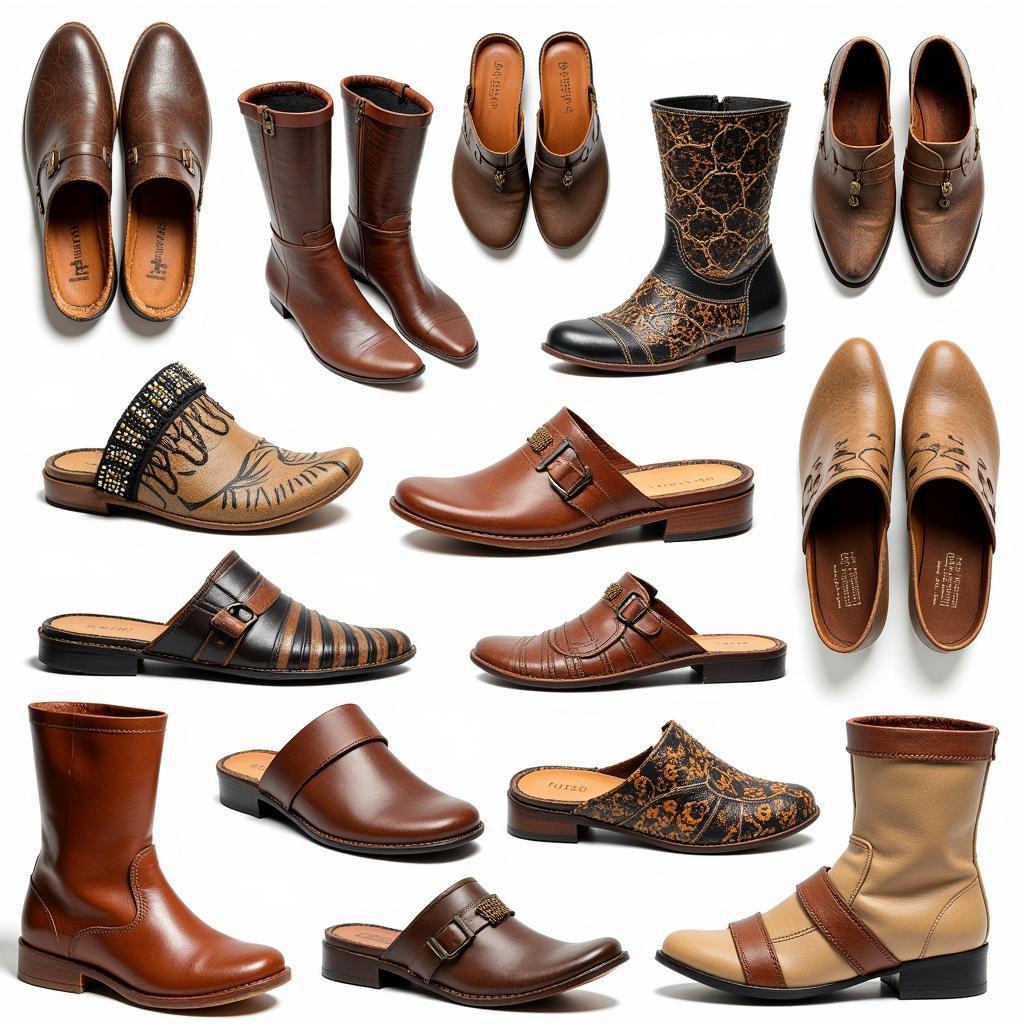African Equids: A Journey Through the Wild Horses, Zebras, and Asses of Africa
African Equids represent a fascinating group of animals, playing a vital role in the continent’s diverse ecosystems. These majestic creatures, encompassing horses, zebras, and asses, have adapted to a range of habitats, from savannas to mountains, showcasing a remarkable evolutionary journey. This article delves into the world of African equids, exploring their unique characteristics, conservation challenges, and the cultural significance they hold. After the introduction, you’ll find a link to more information on African Horse Sickness.
African Horse Sickness provides a wealth of information on this important topic.
Unveiling the Diversity of African Equids
African equids are categorized into three main groups: horses, zebras, and asses. Each group exhibits distinct features and adaptations. Zebras, known for their striking black and white stripes, are perhaps the most iconic. These stripes serve several purposes, including camouflage, thermoregulation, and social recognition. Within the zebra family, there are three species: the plains zebra, the Grevy’s zebra, and the mountain zebra, each with unique stripe patterns and habitat preferences.
Asses, often overlooked, play a crucial role in their respective environments. The African wild ass, for example, is remarkably adapted to arid conditions, capable of surviving in harsh deserts. Domesticated donkeys, descended from the African wild ass, have been essential partners to humans for centuries, providing invaluable assistance in agriculture and transportation. Horses, while not native to Africa, have become integral to many cultures, playing a significant role in equestrian activities and transportation.
The Conservation Challenges Faced by African Equids
Unfortunately, several African equids face significant conservation challenges. Habitat loss due to expanding human populations and agricultural activities poses a major threat. Poaching for their hides and meat also puts pressure on some populations. Disease outbreaks, such as African Horse Sickness, can have devastating impacts, particularly on horse populations. Conservation efforts focus on habitat protection, anti-poaching initiatives, and disease management strategies to ensure the long-term survival of these remarkable animals.
The Cultural Significance of African Equids
African equids have played a vital role in the cultural traditions of various African communities. Horses, introduced later, quickly became symbols of status and power in some societies, often used in ceremonial processions and warfare. Donkeys remain integral to rural life, providing vital transportation and agricultural support. Zebras, with their striking appearance, feature prominently in folklore and art, symbolizing beauty and resilience.
What are the main threats to African equids?
Habitat loss, poaching, and disease are the primary threats to African equids.
How do zebras use their stripes?
Zebra stripes serve as camouflage, thermoregulation, and a means of social recognition.
The Future of African Equids
The future of African equids hinges on continued conservation efforts and sustainable practices. By addressing the threats they face and promoting responsible wildlife management, we can ensure these magnificent animals continue to roam the African landscapes for generations to come. African Horse Sickness Wikivet provides additional resources on the topic.
Conclusion
African equids, with their diversity and resilience, are an integral part of Africa’s natural heritage. Their unique adaptations, cultural significance, and the challenges they face make them a subject of great interest and importance. By understanding and addressing their conservation needs, we can ensure the future of these magnificent animals. Remember, the survival of African equids is intrinsically linked to the preservation of Africa’s rich biodiversity. Let’s continue to support efforts that protect these magnificent creatures and their habitats. African Horse Sickness OIE provides further reading.
FAQ
- What are the different types of zebras found in Africa?
- How have donkeys impacted African societies?
- What are the primary causes of habitat loss for African equids?
- How does African Horse Sickness affect horse populations?
- What are some successful conservation strategies for African equids?
- How can tourists contribute to the conservation of African equids?
- What is the role of local communities in protecting African equids?
Other Questions?
If you have further inquiries or would like to learn more about other captivating aspects of African wildlife, explore our articles on African Hors Sickness and African Horse Sikness Animal.
Need support? Contact us 24/7:
Phone: +255768904061
Email: [email protected]
Address: Mbarali DC Mawindi, Kangaga, Tanzania.

